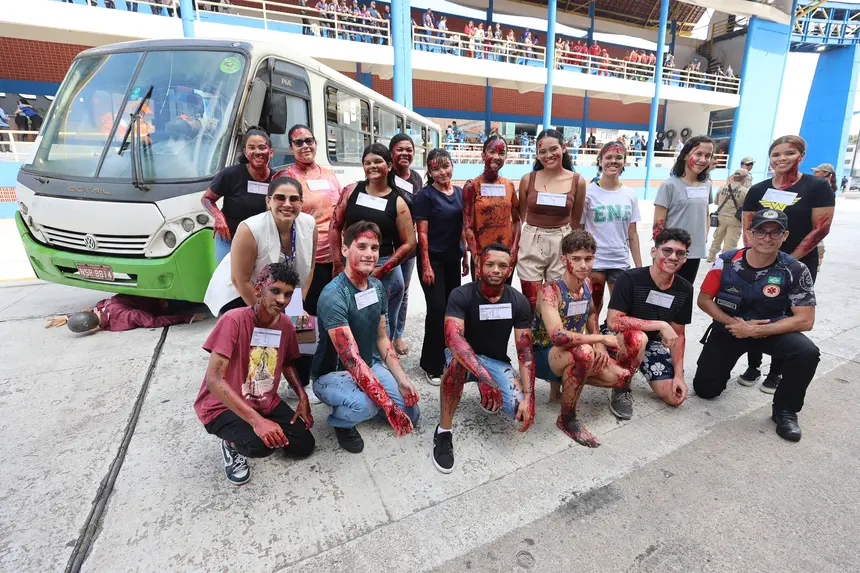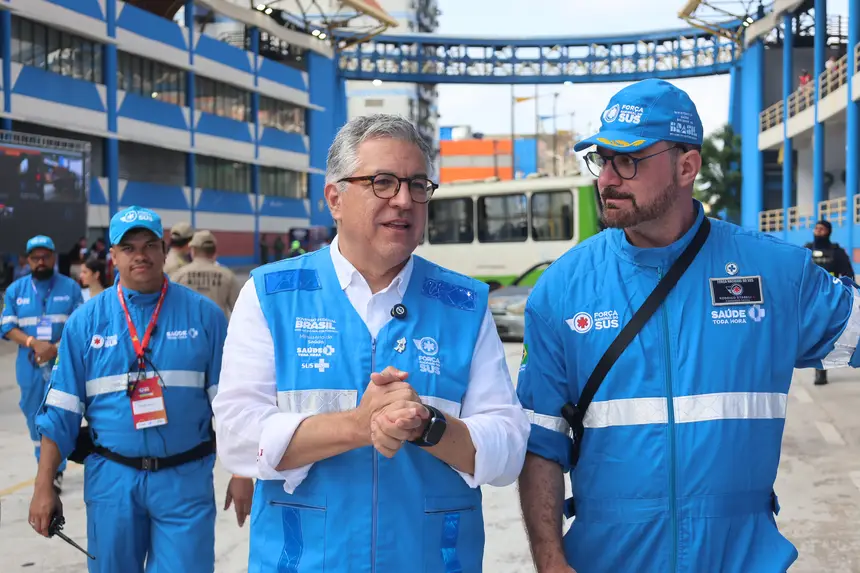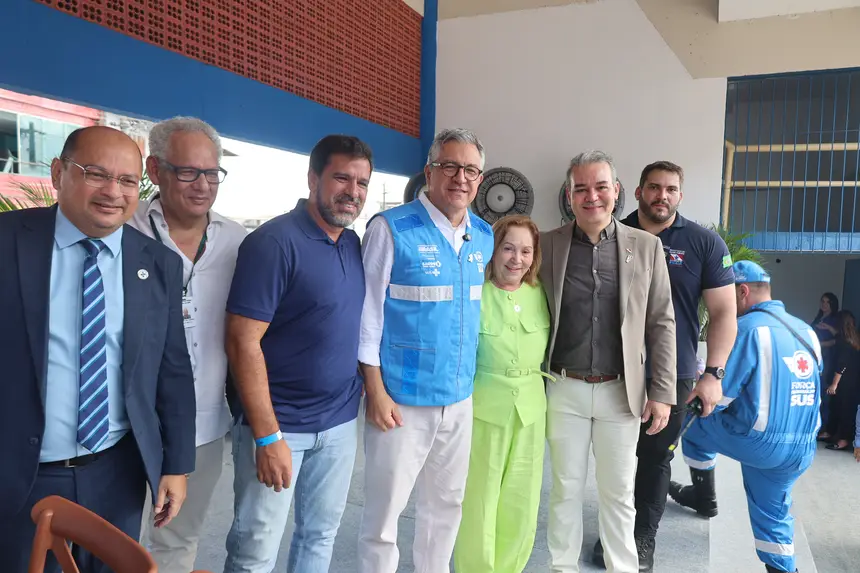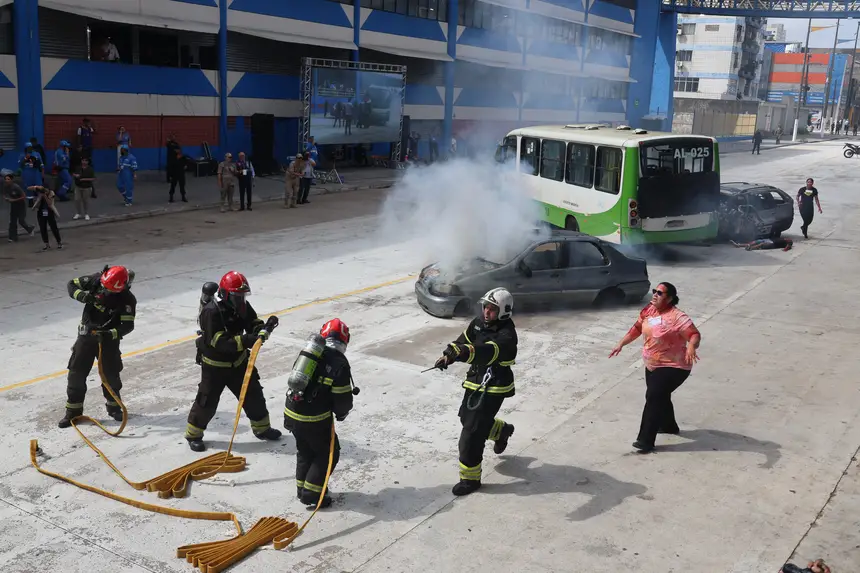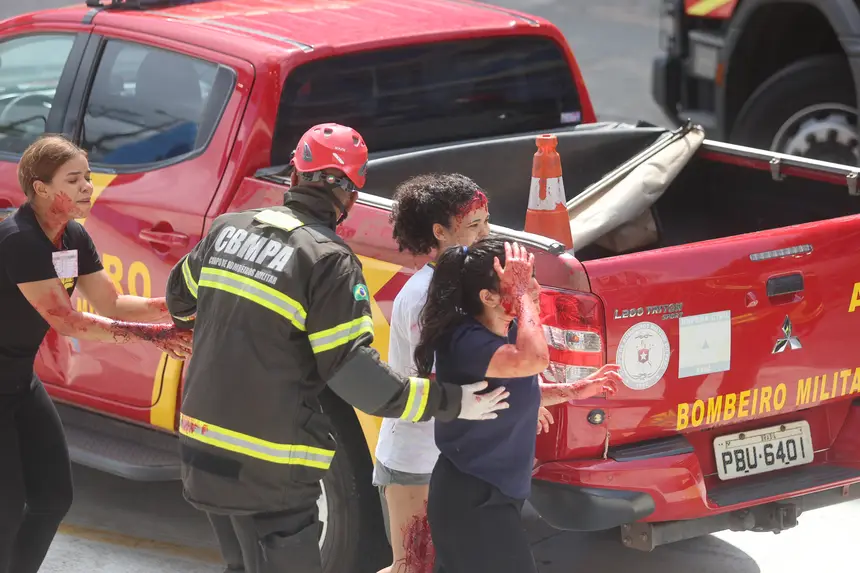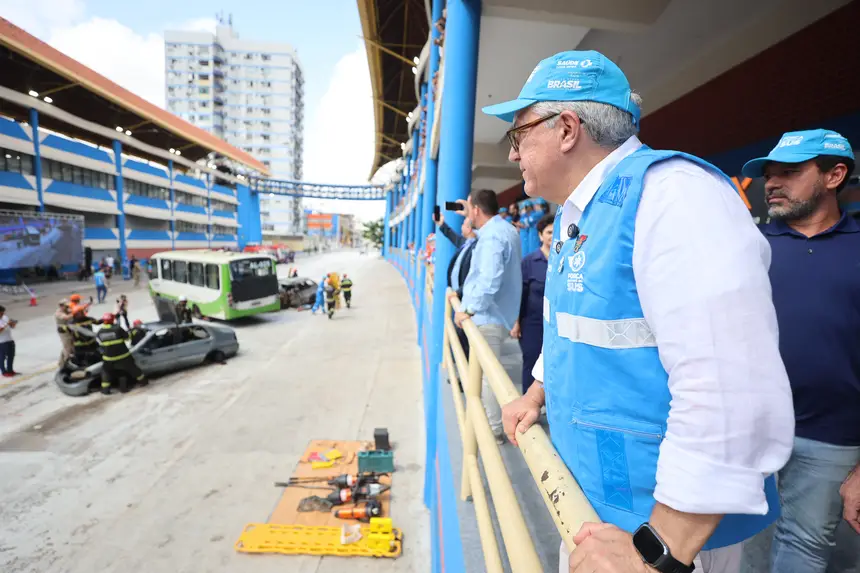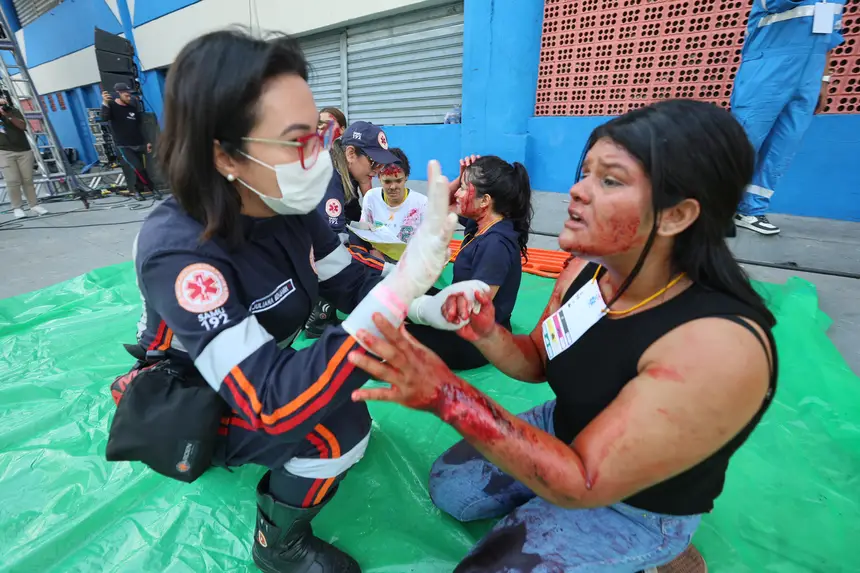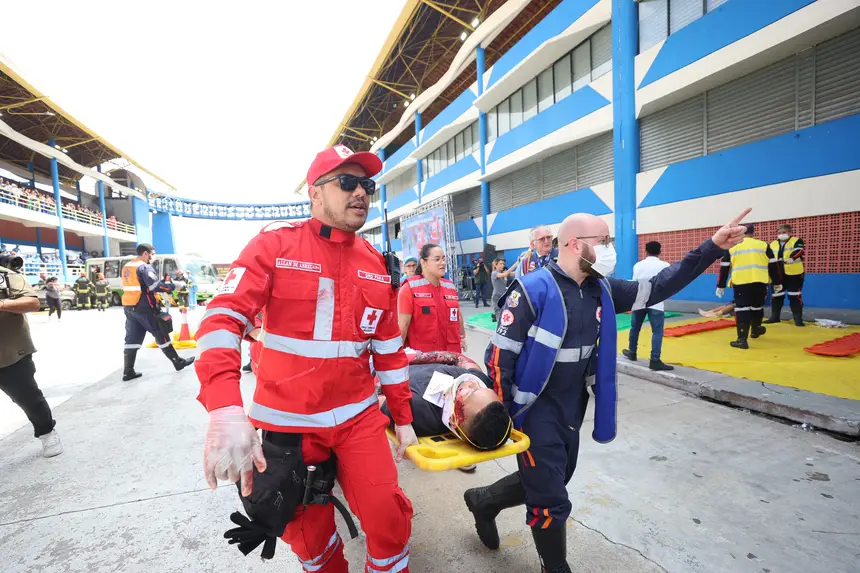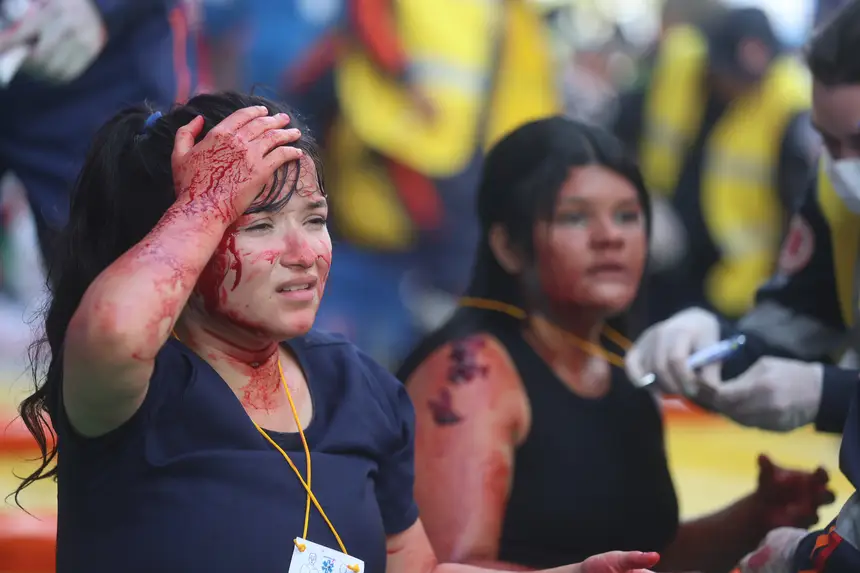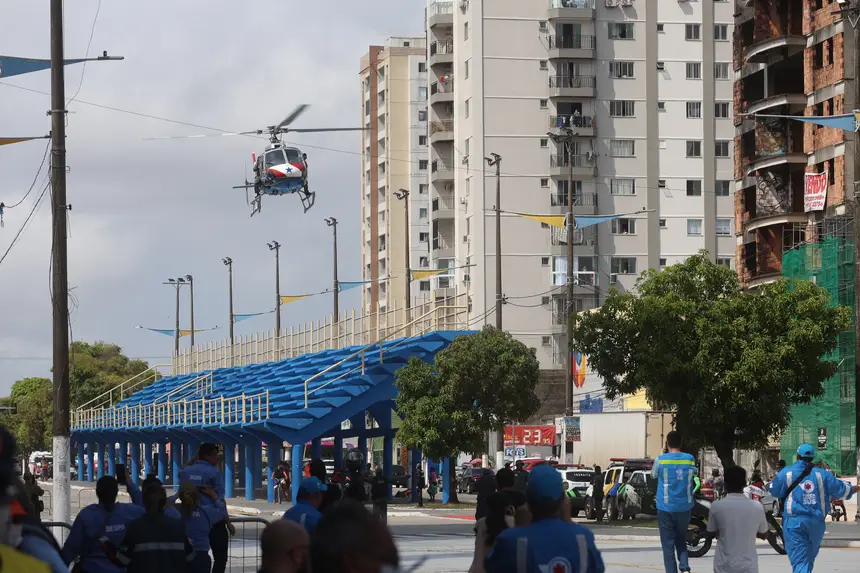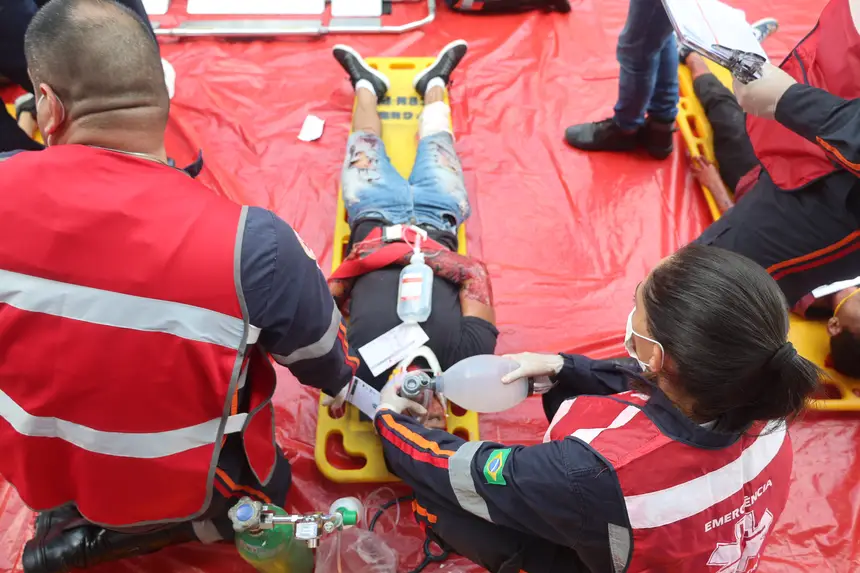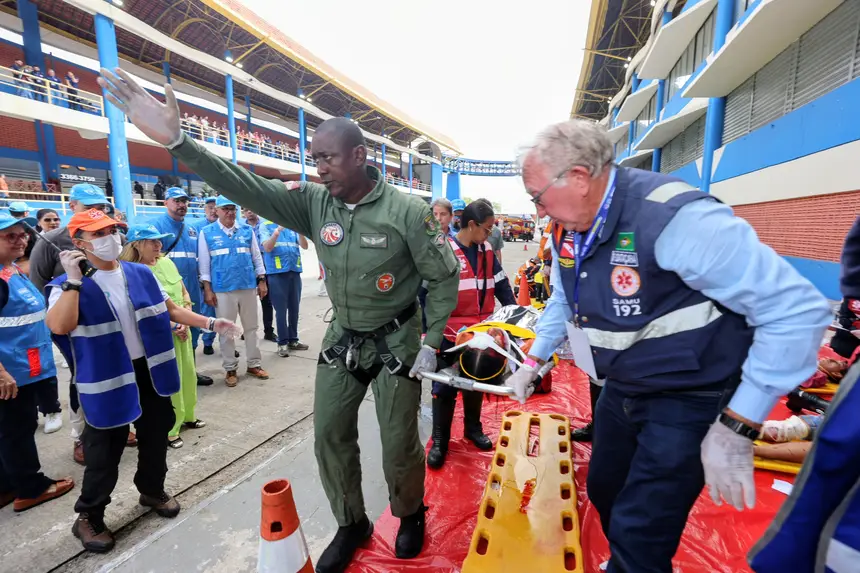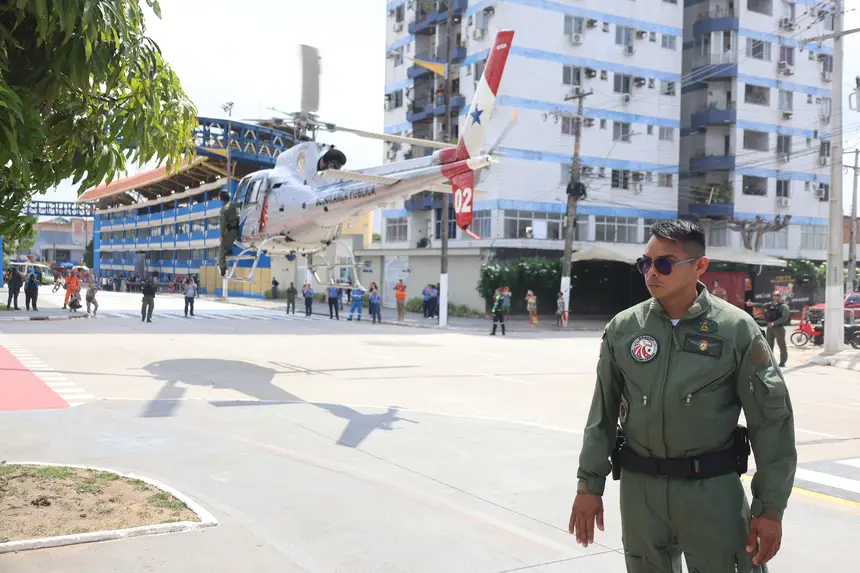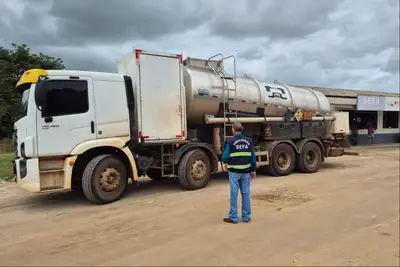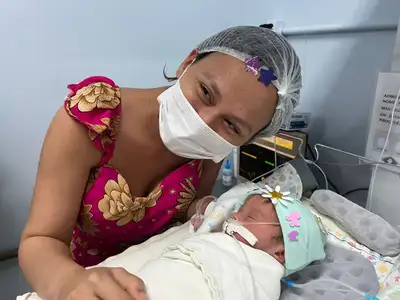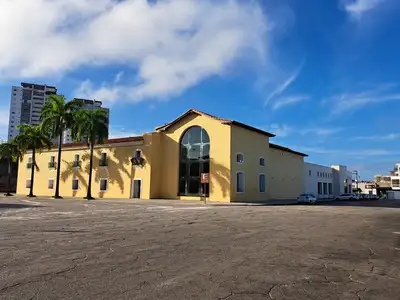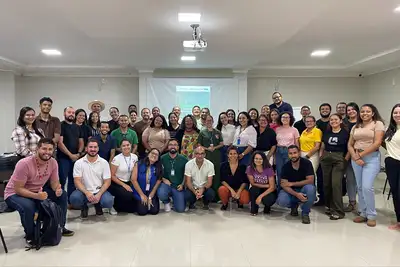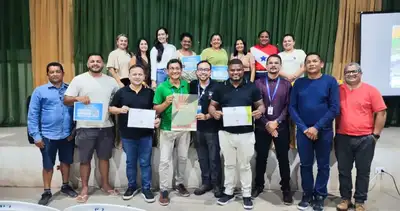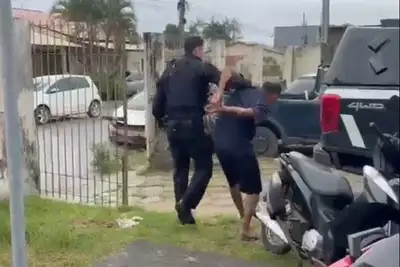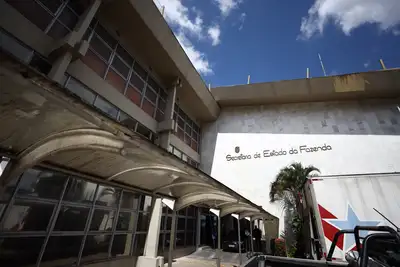Ministry of Health and Government of Pará conduct simulation with multiple victims in Belém
The activity brought together more than 300 health, security, and civil defense professionals in preparation for major events such as the Círio de Nazaré and COP30.
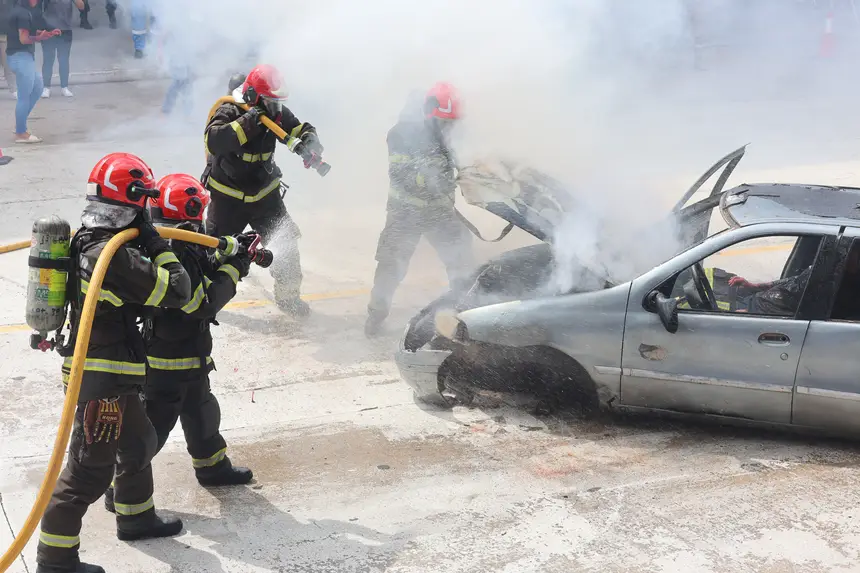
The Government of Pará, through the State Department of Public Health (Sespa), in partnership with the Ministry of Health, via the National Force of the Unified Health System (FN-SUS), conducted a training cycle aimed at preparing for incidents with multiple victims from October 1 to 3 in Belém. The activity mobilized more than 300 professionals from Samu (Mobile Emergency Care Service), Military Fire Brigade, Civil Defense, reference hospitals, public security forces, and partner institutions, reinforcing the State's readiness to act in emergencies and major events, such as the Círio de Nazaré and the 30th United Nations Conference on Climate Change (COP30), which will take place in October and November, respectively, in the capital of Pará.
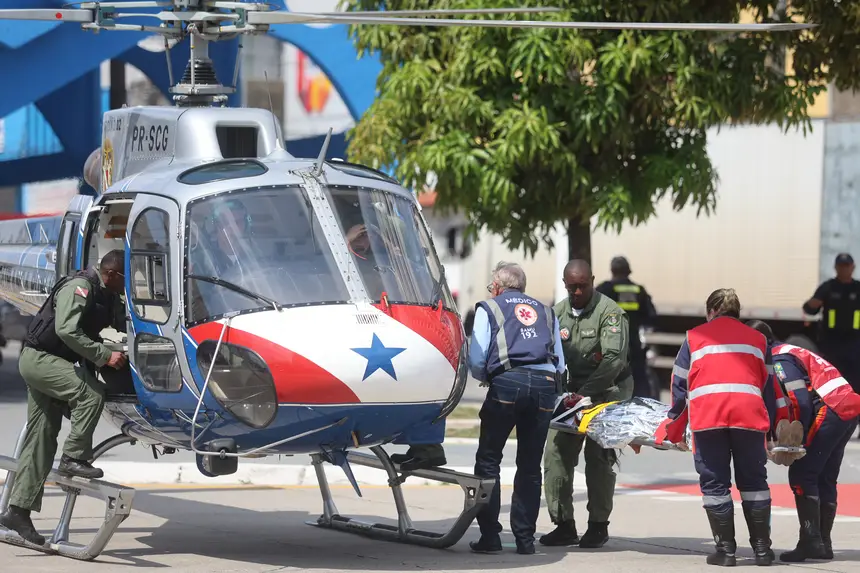
The program concluded with a simulation of a large-scale accident in Aldeia Cabana, which replicated a collision between a car and a minibus, resulting in 16 fictitious victims, including minor injuries, serious injuries, and fatalities. The exercise included area isolation by the Military Police, fire fighting by the Fire Brigade, aeromedical transport, real-time regulation, and forensic examination by the Scientific Police. Medical triage was coordinated by Samu and the Red Cross, which classified the simulated victims according to severity: four in critical condition, five serious, five with minor injuries, and three fatalities.
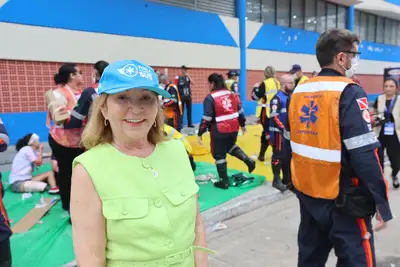
Integration - The practical activity was attended by the State Secretary of Public Health, Ivete Vaz; the deputy secretaries of Sespa, Edney Pereira and Heloísa Guimarães, and the Minister of Health, Alexandre Padilha, along with other authorities. “This simulation represents a milestone for the SUS (Unified Health System) in Pará. We brought together local and national forces in the same exercise to train, correct flows, and strengthen integration. This gives us confidence to respond efficiently to critical situations and reinforces our preparation for large-scale events,” informed Secretary Ivete Vaz.
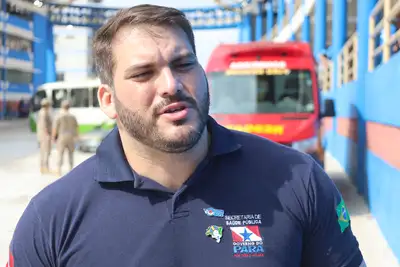
The director of Development and Audit of Health Services at Sespa, Guilherme Mesquita, highlighted the advances in integration among the agencies. “The main objective of the course is to ensure a more synchronized response among the institutions involved: health, security, civil defense, and scientific police. The more aligned we are, the greater the effectiveness and benefit for the population in real emergency situations,” he emphasized.
Top marks - For Minister Alexandre Padilha, the exercise follows standards of excellence. “The activity meets international health protocols and those of Interpol (international criminal police organization) for situations with fatalities, ensuring that our teams are prepared, even in scenarios involving foreigners,” said the minister, also highlighting federal investments in the public health network. “The Federal Government has already invested over R$ 100 million in preparing the health network in Belém, and we will also announce a new investment of R$ 240 million, in partnership with the State, to expand high-complexity services, such as cancer treatment. This set of measures shows that Pará is prepared for COP30, with oversight from the World Health Organization (WHO) and the UN, which have already rated the health sector's preparation as top-notch,” assured the minister.
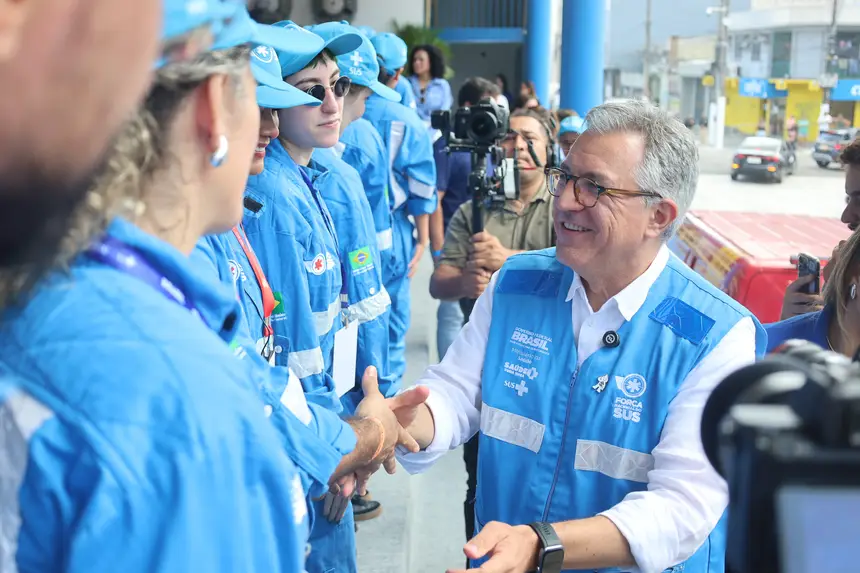
The coordinator of the National Force of SUS, Rodrigo Stabeli, spoke about the importance of preparation in the year when the capital of Pará will host two of the largest events in the country. “Being in Belém, supporting both the Círio de Nazaré and COP30, is a reason for joy and commitment. We came to cooperate with the State Health Department and all the agencies involved in the safety and care of the population, bringing our specialties and adding to the competencies already consolidated by the local government. We are confident that Pará will have a great Círio and will be a global reference by hosting COP30,” he emphasized.
The volunteer doctor Idjarrury Sompre, representative of indigenous health in Amazonas, reinforced the relevance of the initiative for vulnerable areas. “This event is of great importance because it allows us to multiply the knowledge acquired and apply it when we face outbreaks or emergencies in our regions. For us in Indigenous Health, it is essential to participate in this type of preparation, as it strengthens our response capacity in critical scenarios, which can also occur in our communities,” he reinforced.
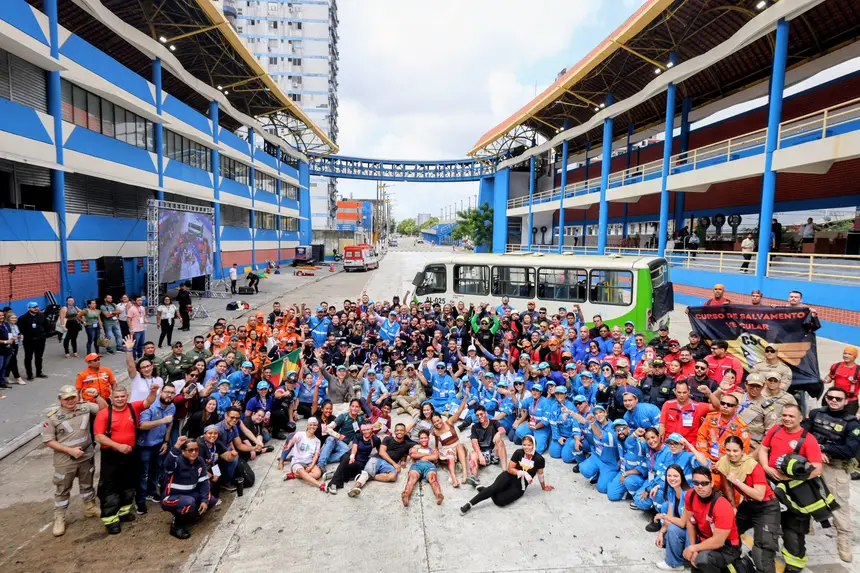
The activity was part of the national training cycle conducted by the National Force of SUS, held in several Brazilian capitals. In Belém, in addition to testing protocols in a simulated disaster scenario, the exercise strengthened the coordination between State, Municipality, and Union, consolidating Pará as a reference in organization, surveillance, and response in public health.



